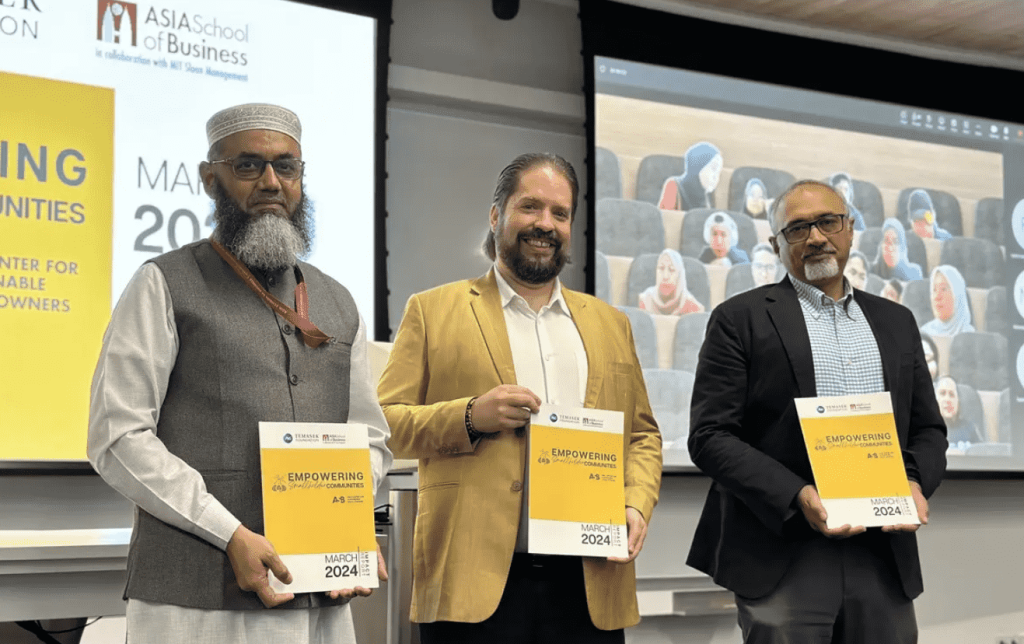KUALA LUMPUR (June 18): Over 400 smallholder farmers have achieved the Roundtable for Sustainable Palm Oil (RSPO) Independent Smallholder (ISH) 2019 certification under the P&G smallholders programme, according to the P&G Centre for Sustainable Small-owners (CSS) Impact Report 2024. Another 400 ISHs are expected to be certified by the end of 2025.
Additionally, 306 certified ISHs have received a total of US$42,630 (RM200,949) in RSPO premium from 2021 to 2023 for their certified palm produce, states the report. Increased earnings as a result of certifications mean farmers are able to improve agricultural practices and serve local communities.
The P&G CSS programme was established by funding from Proctor and Gamble in 2018. It aims to facilitate the production of certified sustainable palm oil from ISH in the districts of Pontian and Batu Pahat.
CSS, which is housed in the Asia School of Business (ASB), ensures farmers adhere to local sustainability standards such as the Malaysian Sustainable Palm Oil (MSPO) and facilitates certification towards the RSPO ISH 2019. The RSPO ISH 2019 comprises three phases, and may take a farmer up to 36 months to obtain certification.
To further support ISH farmers in their certification journey, Pertubuhan Tani Niaga Lestari Negeri Johor was established by CSS to achieve certification through RSPO and MSPO training. The training helps farmers improve the quality and yield of their oil palm and connects them to local and international markets.
However, achieving certification is not the end of the road, notes the report. Surveillance audits are conducted annually as RSPO certifications are valid for five years. The audits ensure that certified farmers and farms continue to address core sectoral sustainability concerns within the palm oil industry. This includes deforestation, fire, biodiversity loss, peat land drainage, forced labour and land tenure conflict.
The CSS’ continuous improvement programme supports ISHs in their annual surveillance audits to ensure the farmers maintain production of certified produce as well as continue being eligible for RSPO premiums. Good agricultural practices and best management practices training to all ISHs was introduced in 2024 by CSS.
Post-certification selected farms are also modelled as learning farms. The aim for learning farms is to provide a picture of a well-managed palm oil farm, operate as a learning and research centre and facilitate a smooth transition to sustainable agriculture.
Starting from nine farms in 2020, the programme has achieved 250 learning farms in the final quarter of 2023. CCS benefits from 19 control learning farms used for data collection and benchmarking for CCS research. Some key findings that resulted from the research include nutrient management, best farm management practices and yield intensification.
The analysis of data collected from the learning farms also provide insights on the economic and environmental value of growing certified and sustainable palm oil.
Originally published by The Edge.





